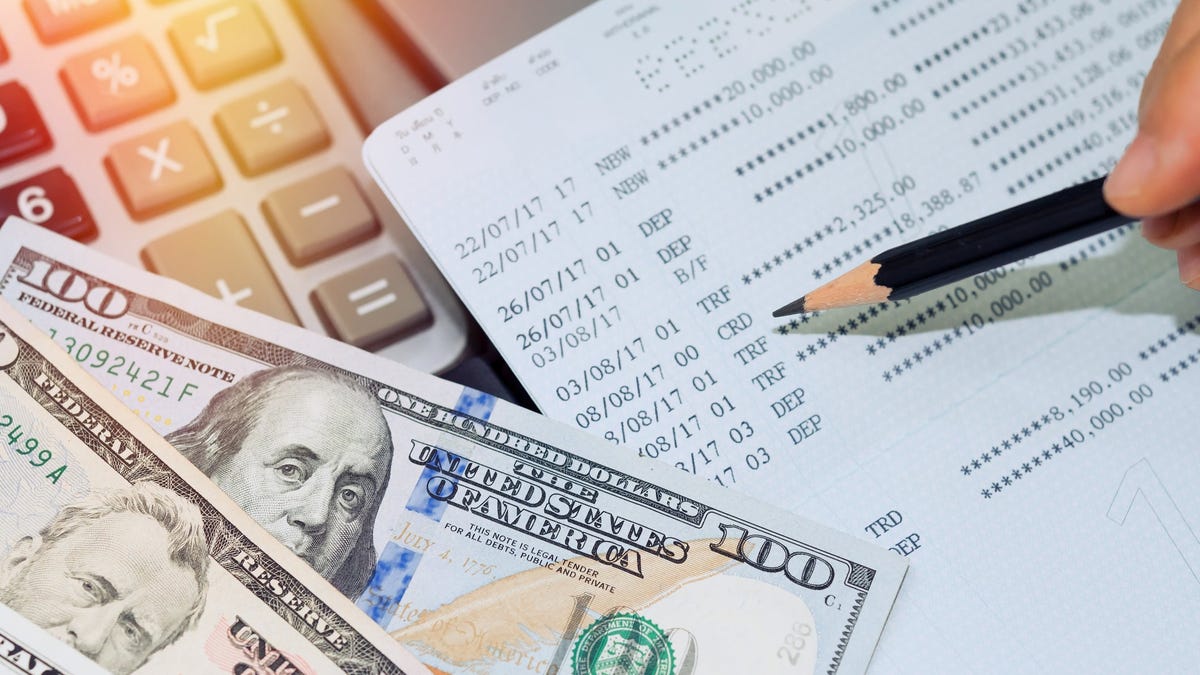
Dec 07, 2021
2 mins, 12 secs
CapitalOne last Wednesday became one of the largest financial institutions to end overdraft and non-sufficient fund fees, removing what consumer experts say is a key barrier to roughly 7 million U.S.CapitalOne's decision followed a similar move by Ally Financial which announced in June that it was ending overdraft fees.These moves to help the so-called unbanked should help non-white consumers in particular who are less likely to have bank accounts and other financial lifelines according to research.
banking branches offer at least one certified account that aims to help the "unbanked" by cutting out insufficient funds and overdraft fees, requiring no more than $25 as an opening deposit, and limiting maintenance fees to no more than $5 a month.
“The pandemic has absolutely increased the focus on the challenges to the unbanked,'' says Rob Levy, head of research for the Financial Health Network, a non-profit authority on consumer financial health. “There's an increasing movement to offer banking products, particularly checking products, that address some of the obstacles lower-income consumers have.'' .Some who didn't have a bank account on file with the IRS may have waited four to five months to get their first stimulus checks, according to research by the Financial Health Network and the Brookings Institution.During that period, Americans, many of them lacking bank accounts, spent $66 million on check-cashing fees, according to research by the Financial Health Network and Brookings.
Some feel they don't have enough money to do so, that the accounts will be too expensive to maintain, or they may not trust formal financial institutions, consumer experts say.In the FDIC's 2019 "How America Banks'' survey, 34.2% of unbanked households said high banking fees were one of the reasons they did not have an account, while the TD Bank survey taken this year found 48% of the unbanked said high and hidden fees were their main concern. .While 2.5% of white households don't have a checking or savings account, 13.8% of Black households and 12.2% of Hispanic households are unbanked, according to the FDIC.And the Financial Health Network found Black households were 1.9 times more likely, and Latino households 1.4 times more likely than their white counterparts to pay overdraft fees.When Capital One announced it would eliminate overdraft and nonsufficient fund fees, the bank's CEO Richard Fairbank noted that Capital One checking accounts don't charge monthly fees or require a minimum balanceThe FDIC, whose template for lower-cost checking accounts helped spur the "Bank On" standards, launched a #GetBanked webpage last year that helped households receiving stimulus checks find where they could remotely open an account